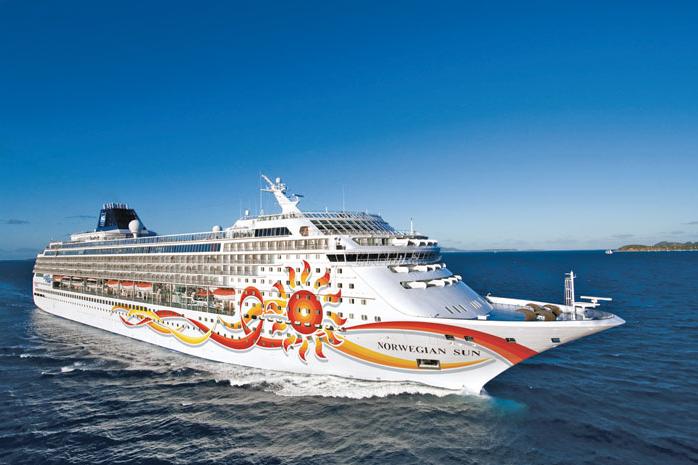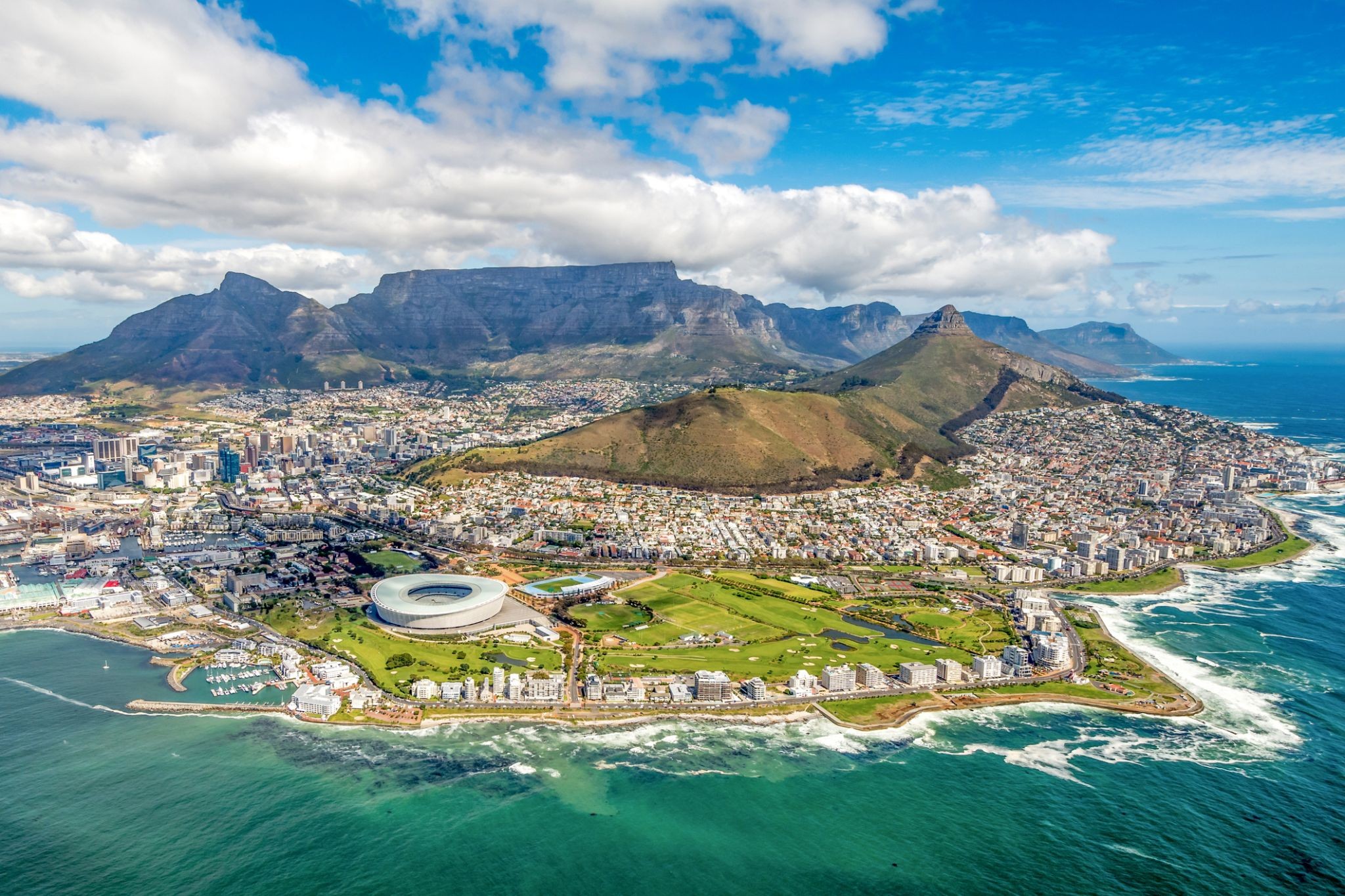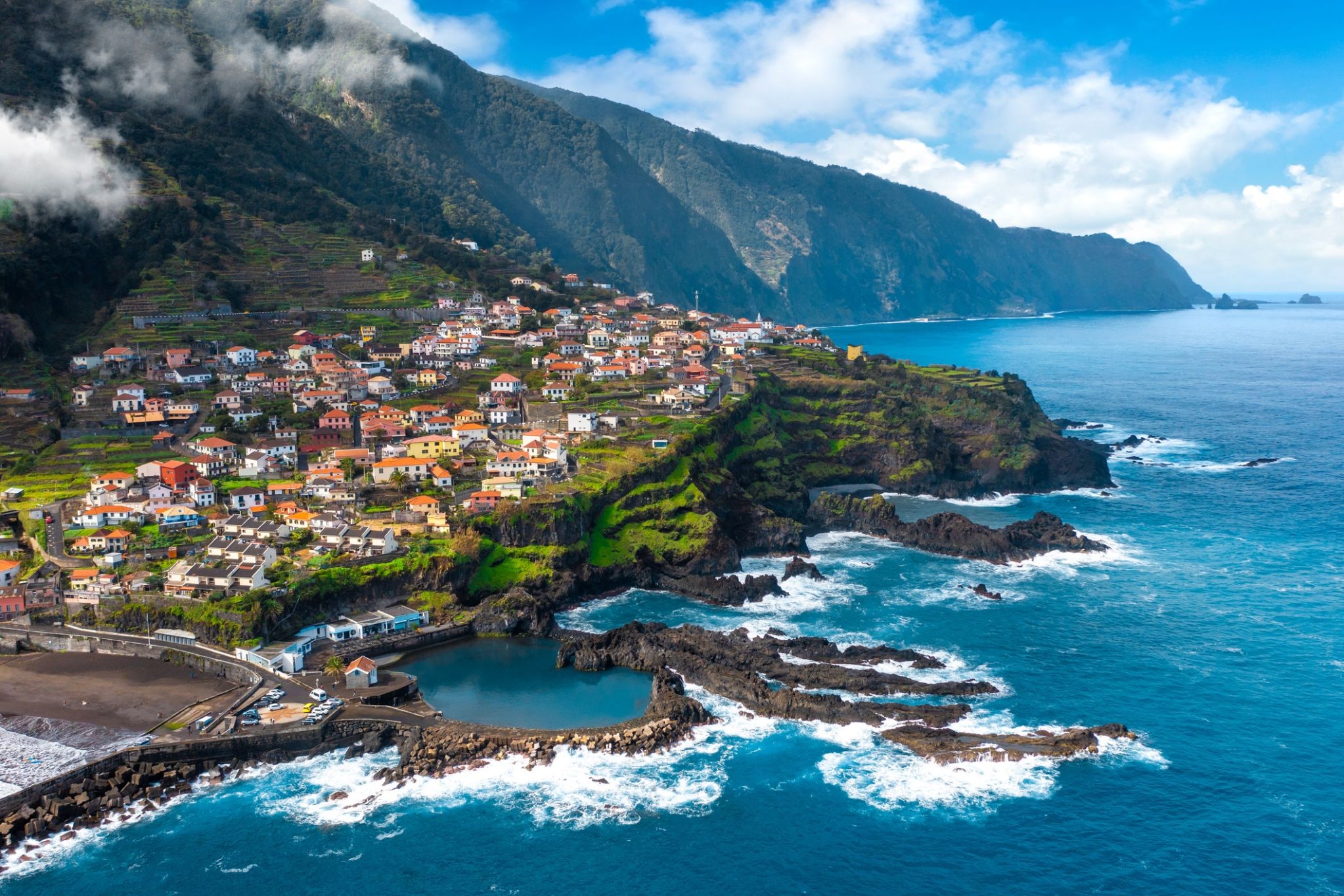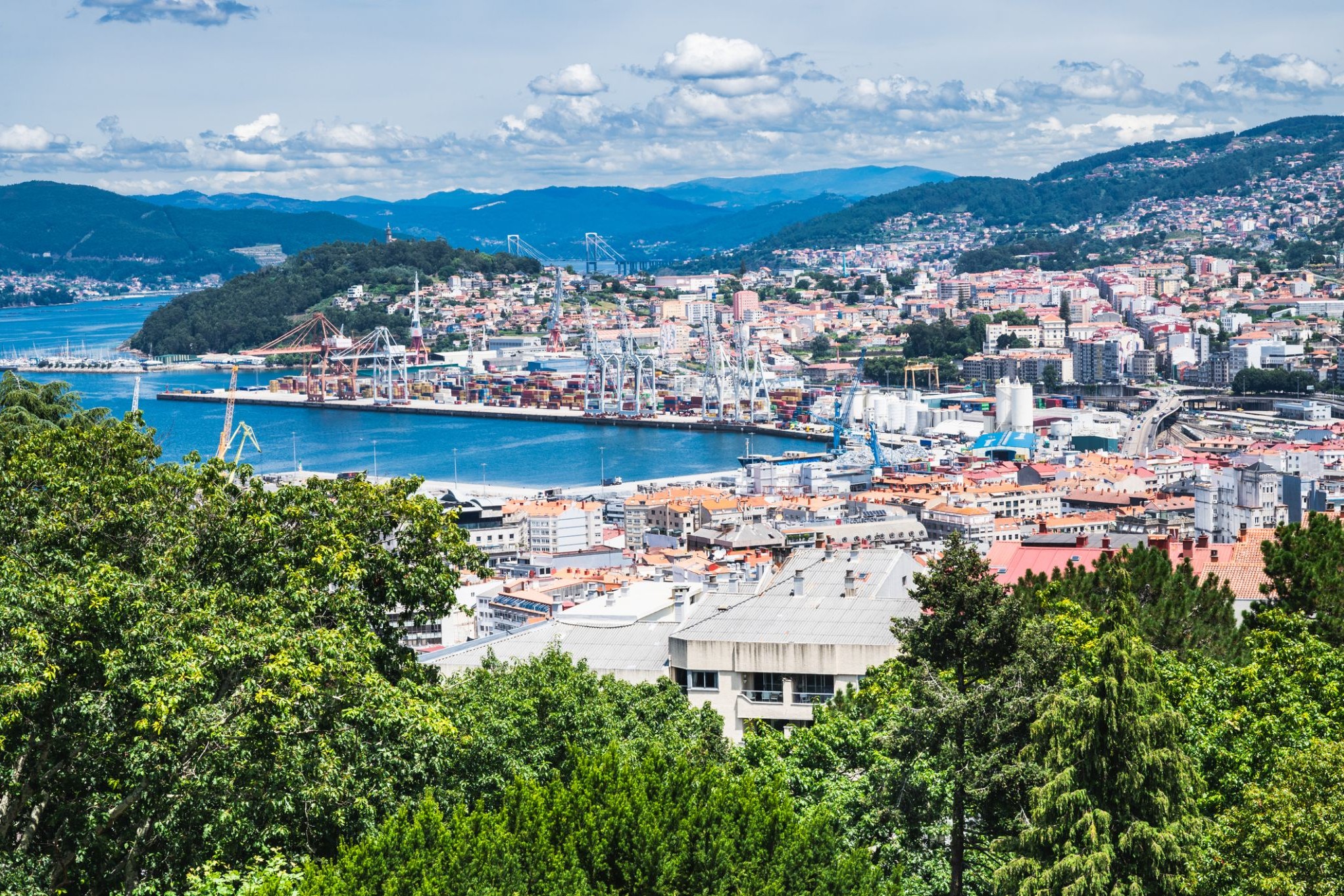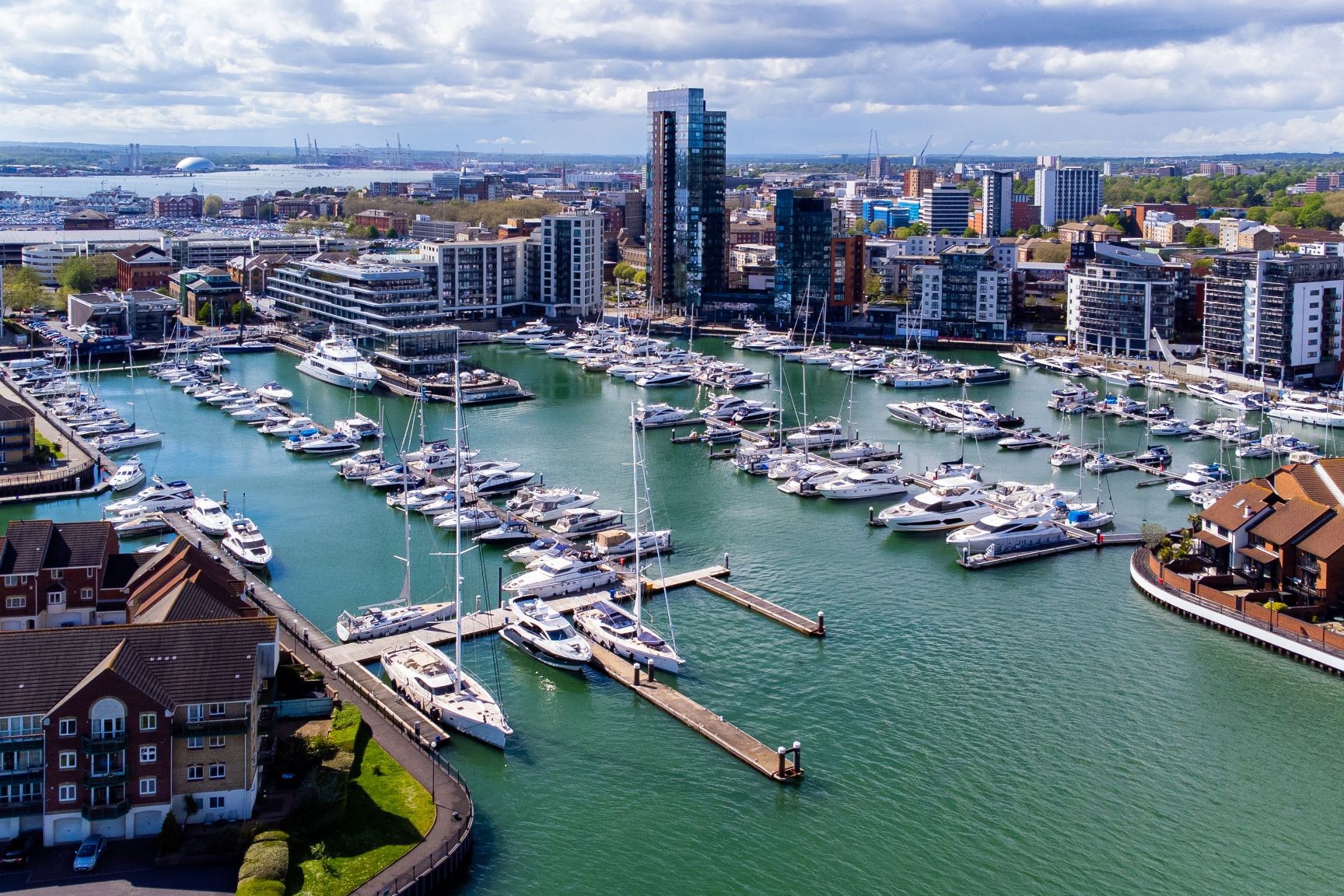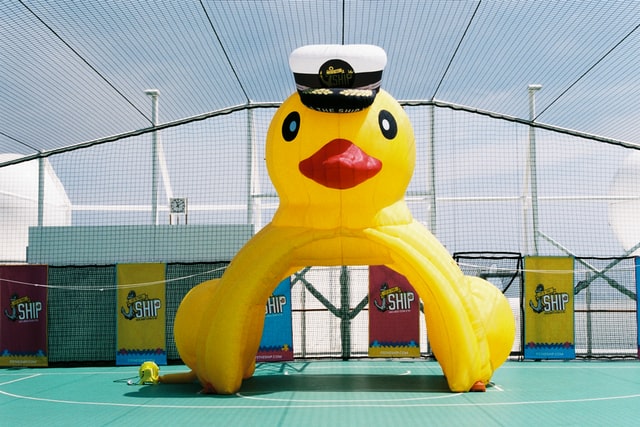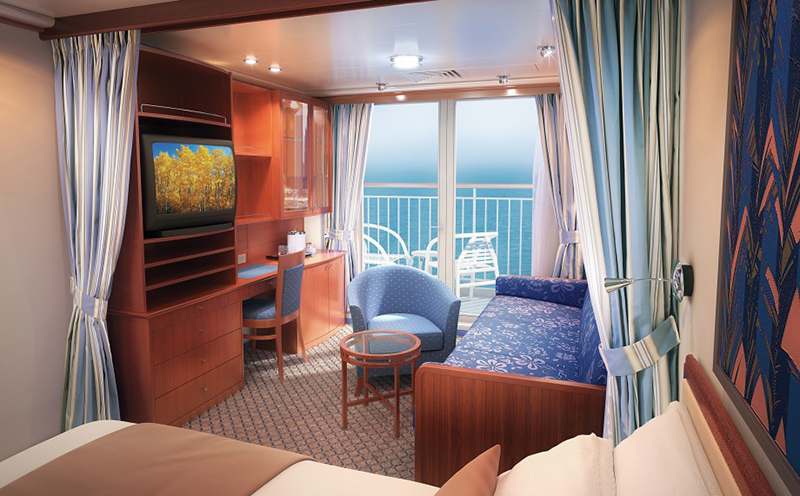Cruise: 30,936,382
Africa-South Africa
| Cruise Region : Indian Ocean, South Africa / Madagascar |
| Company : Norwegian Cruise Lines |
| Ship : Norwegian Sun |
| Journey Start : Sun 10 May 2026 |
| Journey End : Mon 01 Jun 2026 |
| Count Nights : 22 nights |
Schedule
| Day | Date | Port | Arrival | Departure |
|---|---|---|---|---|
| 1 | 10.05 Sun | Cape Town / South Africa | 18:00 | |
| 2 | 11.05 Mon | Day at sea / Sea | ||
| 3 | 12.05 Tue | Walvis Bay / Namibia | 11:00 | 20:00 |
| 4 | 13.05 Wed | Day at sea / Sea | ||
| 5 | 14.05 Thu | Day at sea / Sea | ||
| 6 | 15.05 Fri | Luanda / Angola | 07:00 | 16:00 |
| 7 | 16.05 Sat | Day at sea / Sea | ||
| 8 | 17.05 Sun | San Tome / Sao Tome and Principe | 07:00 | 16:00 |
| 9 | 18.05 Mon | Day at sea / Sea | ||
| 10 | 19.05 Tue | Abidjan / Cote d'Ivoire | 07:30 | 15:00 |
| 11 | 20.05 Wed | Day at sea / Sea | ||
| 12 | 21.05 Thu | Day at sea / Sea | ||
| 13 | 22.05 Fri | Dakar / Senegal | 06:30 | 15:30 |
| 14 | 23.05 Sat | Pray / Cape Verde | 11:30 | 20:30 |
| 15 | 24.05 Sun | Day at sea / Sea | ||
| 16 | 25.05 Mon | Day at sea / Sea | ||
| 17 | 26.05 Tue | Santa Cruz, oh. Tenerife (Canary Islands) / Spain | 07:00 | 17:00 |
| 18 | 27.05 Wed | Santa Cruz, oh. Tenerife (Canary Islands) / Spain | 07:00 | 16:00 |
| 19 | 28.05 Thu | Madeira / Portugal | 07:00 | 14:00 |
| 20 | 29.05 Fri | Day at sea / Sea | ||
| 21 | 30.05 Sat | Viggo / Spain | 07:30 | 14:00 |
| 22 | 31.05 Sun | Day at sea / Sea | ||
| 23 | 1.06 Mon | Southampton / Great Britain | 05:00 |
Accommodation in a cabin of the selected category during the entire cruise (TV, telephone, shower/bath, hairdryer, air conditioning).
All-inclusive meals, excluding alcoholic beverages under the Freestyle program - free meal time.
Order food to your cabin 24 hours (additional charges apply for delivery between 00:00 and 05:00).
Set for making tea and coffee in the cabin.
Coffee, tea, water and iced tea during breakfast, lunch and dinner.
All entertainment on board (evening shows, nightclubs, live music, etc.).
Sports activities (table tennis, basketball, tennis and golf)
Participation of children in Children's clubs.
Fitness center, sports court, jogging track, swimming pools and jacuzzi.
Port fees, taxes and taxes.
For guests of Suite and Penthouse class cabins (in addition to all of the above):
Butler and concierge service.
Unpacking luggage on the day of check-in.
Champagne, liqueurs, fruits, bottled water and soda drinks (only for guests of Garden Villas and Owner`s Suites)
Champagne, bottled water and fruit on planting day.
Food delivery to the cabin 24 hours.
Minibar and Espresso/Cappuccino machine.
Pillow menu.
Bathrobe and slippers.
Priority check-in for the ship.
Escort to your cabin on check-in day.
Private transfer from port to airport (Garden Villas guests only).
Additional charge
Tips for staff (included in the bill and paid at the end of the cruise): $20 per guest per day (for guests aged 3 and above) for Studio, Inside, View, Balcony and Club Balcony Suites; $25 per guest per day (for guests aged 3 and above) for The Haven Suites.
Casino, telephone, internet, video games.
Alcoholic and some non-alcoholic drinks.
Karaoke.
Bowling.
Laundry service.
Booking tables at alternative restaurants.
Registration of entry visas along the route.
Medical insurance.
Non-departure insurance (optional).
Air travel and transfers.
Excursions at ports of call.
Minibar in the cabin.
Personal services on board (SPA, beauty salon, laundry).
NORWEGIAN CRUISE LINE DRINK PACKAGES
Beverages are not included in the basic fare of Norwegian Cruise Line cruises.
The price includes only tea, coffee, water and juice from the machines in the buffet area. Other drinks, including minibar, water in restaurants, coffee not from a machine, etc. - for an additional fee.
Some guests who have added the Free at Sea package when booking have the opportunity to use the Premium Beverage Package during the cruise.
PREMIUM BEVERAGE PACKAGE - $109/person/day
A wide selection of premium alcoholic and non-alcoholic beverages both on board and ashore (during the visit to the private island of NCL Great Stirrup Cay). The package includes:
• select high-quality cocktails and alcoholic beverages, priced up to $15 per glass;
• a variety of beer and wine by the glass, valued at up to $15 per glass;
• 20% discount on bottled wine and champagne;
• unlimited soft drinks and juices.
Please note! This beverage package must be purchased for all guests in the cabin aged 21 and over. Guests in the cabin aged 21 and under must purchase the Unlimited Soda Package.
Please note! At the end of the cruise, guests will be charged a 20% service charge for beverage service. This service charge will not be added for guests using the Free at Sea package
PREMIUM PLUS (aged 21 and over) - $138 /person/day
The widest selection of beverages on board. Also valid on the private island of Great Stirrup Cay. Includes:
• all cocktails and alcoholic beverages;
• all beer, champagne, wine by the glass;
• all premium bottled wines and champagnes at a discount of -40%;
• unlimited soft drinks and juices;
• unlimited sparkling and still bottled drinks;
• all types of coffee and Starbucks ® specialty drinks;
• energy drinks.
Please note! The Premium Plus beverage package is available for upgrading to the Unlimited Open Bar package if you purchase a cruise under the Free at Sea system.
Important! This beverage package must be purchased for all guests in the cabin aged 21 and over. Guests in the cabin aged 21 and under must purchase the Unlimited Soda Package.
A 20% service charge for beverage service will be added to guests at the end of the cruise.
For guests who booked the Free at Sea package, it is possible to upgrade the package to Premium Plus for +29$/day
HAWAI BEVERAGE PACKAGE (only on Pride of America) - $109/person/day
A wide selection of drinks, costing up to $15 per glass.
The price of the package includes:
• cocktails;
• wine by the glass, beer and champagne;
• water, soft drinks;
• coffee, soda.
This drink package is only applicable on cruises on the Pride of America ship for 1-2 guests per cabin.
This drink package does not include the use of the minibar and drinks from the machines.
UNLIMITED SODA PACKAGE - $9.95/person/day
Unlimited carbonated drinks throughout the cruise. Includes:
• Coca-Cola, Diet Coke;
• Sprite;
• juices;
• ginger ale;
• tonics;
• fanta and soda.
UNLIMITED STARBUKS PACKAGE - $12.95/person/day
Unlimited drinks in Starbucks coffee shops.
Includes all branded drinks:
• coffee
• tea
• signature drinks
TERMS OF USE OF DRINK PACKAGES
Drink packages cannot be shared.
Drink packages must be purchased for all guests in the cabin. For minors (under 21 years old) when booking, it is necessary to add the Unlimited Soda Package, in case other guests purchase alcoholic drink packages.
The package cannot be purchased for 1 day, it must be purchased for the entire cruise.
If during the cruise the guest does not consume drinks on any of the days, the cost of the package is non-refundable.
Guests are entitled to 2 drinks in a single order, worth up to $15 per glass.
The cruise line reserves the right to make changes to the price of the beverage package, of which the guest will be notified in advance.
Some beverage brands listed in the flyers may not be available during sailing in a certain region or on a specific ship (for example, Starbucks coffee shops are not available on all Norwegian Cruise Line ships).
A 20% service charge will be automatically added to the guest's bill at the end of the cruise. Does not apply if the cabin is booked under the Free at Sea concept.
Payment Terms
To confirm your booking, a minimum deposit of 20% of the trip cost is required.
Final payment must be made no later than 90 days before the cruise departure.
The deposit or full payment must be made immediately after the booking is created, according to the payment terms. Payment can be made by invoice or using the following credit cards: American Express, MasterCard, and Visa. When paying by card, we require the following details: card number, cardholder's name, card expiration date, cardholder's postcode, and the three-digit security code on the back of the card.
Cruise Cancellation Policy
Period Before Departure Cancellation Fee
More than 29 days 20%
28 - 15 days 50%
14 - 8 days 75%
7 days or less+ 95%
The following cancellation fees will apply for confirmed Cruisetours packages:
Period Before Departure Cancellation Fee
More than 29 days 20%
28 days less+ 95%
-
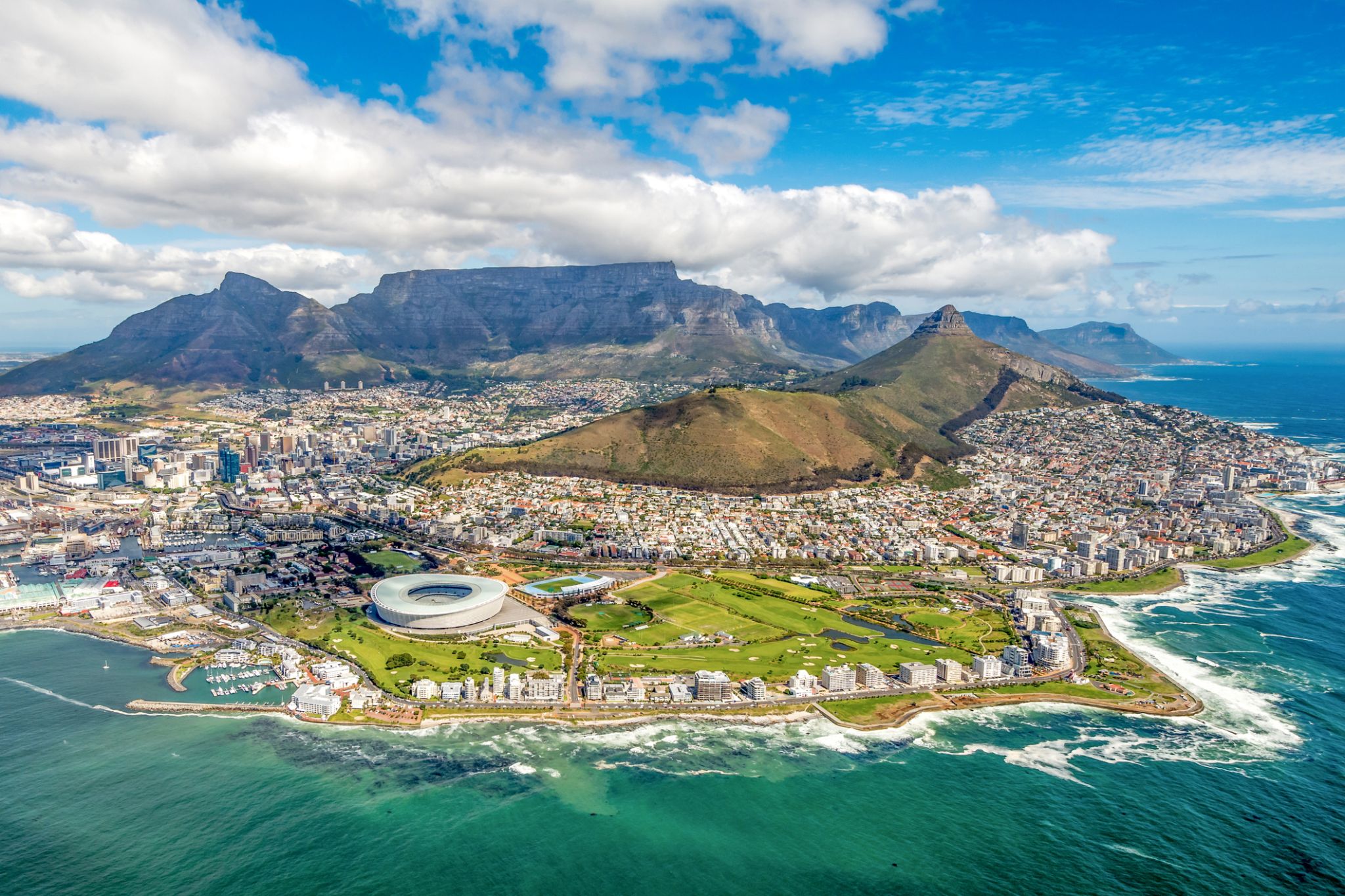 Day 1: 18:00
Day 1: 18:00Cape Town / South Africa
Cape Town is the oldest city in South Africa, colloquially named the Mother City. It is the legislative capital of South Africa and primate city of the Western Cape province. It forms part of the City of Cape Town metropolitan municipality.
The Parliament of South Africa sits in Cape Town. The other two capitals are located in Pretoria (the administrative capital where the Presidency is based) and Bloemfontein (the judicial capital where the Supreme Court of Appeal is located). The city is known for its harbour, for its natural setting in the Cape Floristic Region, and for landmarks such as Table Mountain and Cape Point. As of 2014, it is the 10th most populous city in Africa and home to 64% of the Western Cape's population. It is one of the most multicultural cities in the world, reflecting its role as a major destination for immigrants and expatriates to South Africa. The city was named the World Design Capital for 2014 by the International Council of Societies of Industrial Design. In 2014, Cape Town was named the best place in the world to visit by both The New York Times and The Daily Telegraph.
Located on the shore of Table Bay, Cape Town, as the oldest urban area in South Africa, was developed by the Dutch East India Company (VOC) as a supply station for Dutch ships sailing to East Africa, India, and the Far East. Jan van Riebeeck's arrival on 6 April 1652 established Dutch Cape Colony, the first permanent European settlement in South Africa. Cape Town outgrew its original purpose as the first European outpost at the Castle of Good Hope, becoming the economic and cultural hub of the Cape Colony. Until the Witwatersrand Gold Rush and the development of Johannesburg, Cape Town was the largest city in South Africa.
-
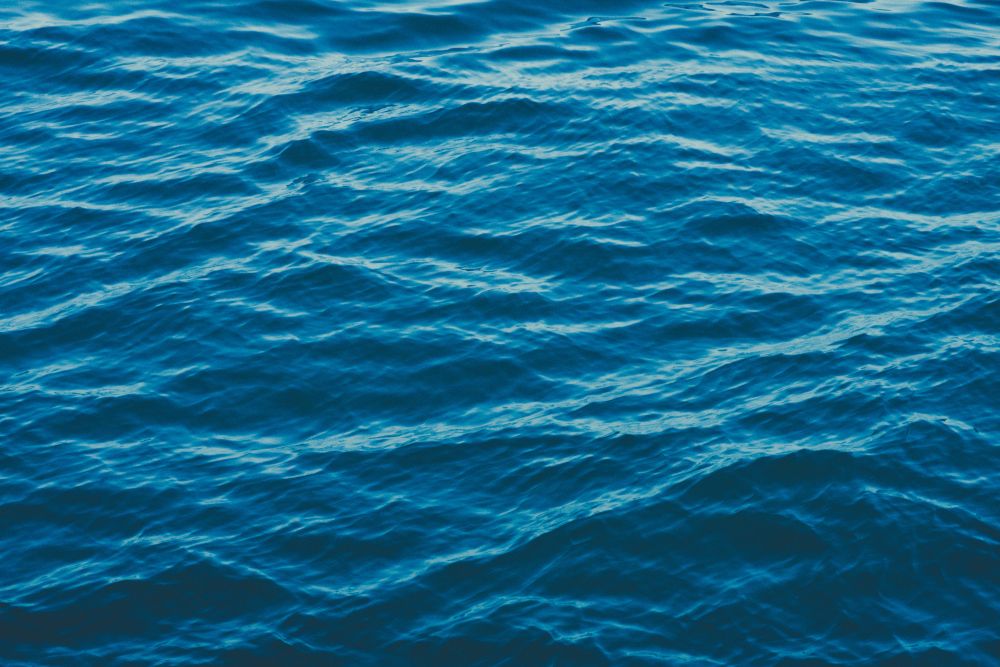 Day 2:
Day 2:Day at sea / Sea
-
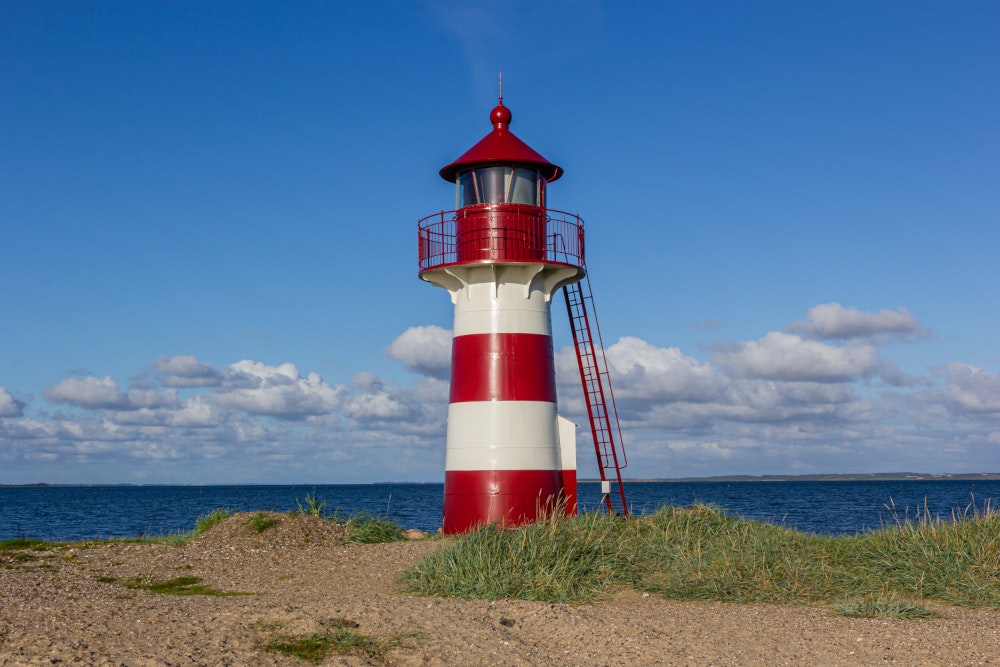 Day 3: 11:00-20:00
Day 3: 11:00-20:00Walvis Bay / Namibia
-
 Day 4:
Day 4:Day at sea / Sea
-
 Day 5:
Day 5:Day at sea / Sea
-
 Day 6: 07:00-16:00
Day 6: 07:00-16:00Luanda / Angola
-
 Day 7:
Day 7:Day at sea / Sea
-
 Day 8: 07:00-16:00
Day 8: 07:00-16:00San Tome / Sao Tome and Principe
-
 Day 9:
Day 9:Day at sea / Sea
-
 Day 10: 07:30-15:00
Day 10: 07:30-15:00Abidjan / Cote d'Ivoire
-
 Day 11:
Day 11:Day at sea / Sea
-
 Day 12:
Day 12:Day at sea / Sea
-
 Day 13: 06:30-15:30
Day 13: 06:30-15:30Dakar / Senegal
Dakar is the capital and largest city of Senegal. It is located on the Cap-Vert peninsula on the Atlantic coast and is the westernmost city on the African mainland. The city of Dakar proper has a population of 1,030,594, whereas the population of the Dakar metropolitan area is estimated at 2.45 million.
The area around Dakar was settled in the 15th century. The Portuguese established a presence on the island of Gorée off the coast of Cap-Vert and used it as a base for the Atlantic slave trade. France took over the island in 1677. Following the abolition of the slave trade and French annexation of the mainland area in the 19th century, Dakar grew into a major regional port and a major city of the French colonial empire. In 1902, Dakar replaced Saint-Louis as the capital of French West Africa. From 1959 to 1960, Dakar was the capital of the short-lived Mali Federation. In 1960, it became the capital of the independent Republic of Senegal.
-
 Day 14: 11:30-20:30
Day 14: 11:30-20:30Pray / Cape Verde
-
 Day 15:
Day 15:Day at sea / Sea
-
 Day 16:
Day 16:Day at sea / Sea
-
 Day 17: 07:00-17:00
Day 17: 07:00-17:00Santa Cruz, oh. Tenerife (Canary Islands) / Spain
-
 Day 18: 07:00-16:00
Day 18: 07:00-16:00Santa Cruz, oh. Tenerife (Canary Islands) / Spain
-
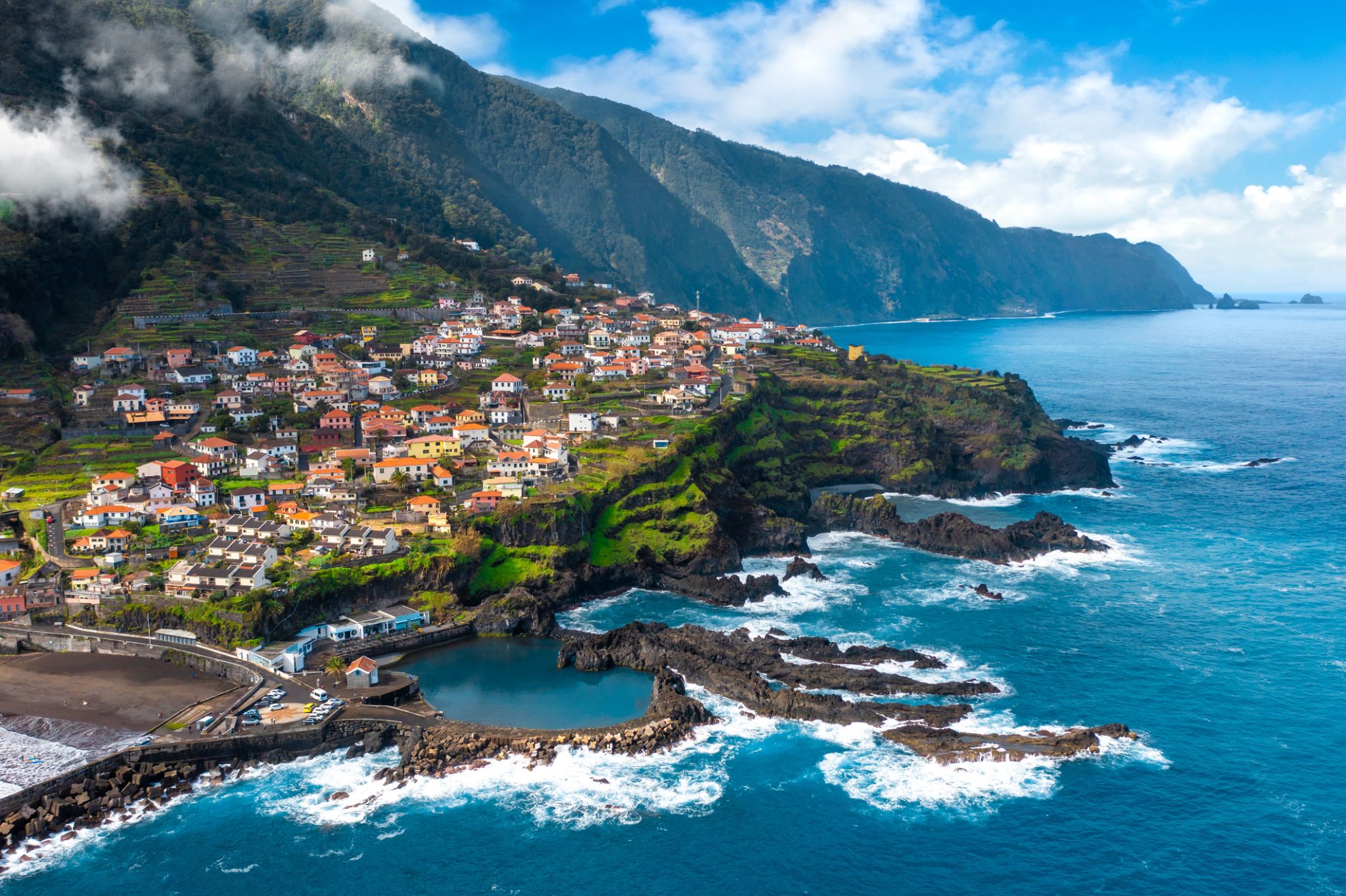 Day 19: 07:00-14:00
Day 19: 07:00-14:00Madeira / Portugal
Madeira, officially the Autonomous Region of Madeira, is one of the two autonomous regions of Portugal (along with the Azores). It is an archipelago situated in the north Atlantic Ocean, southwest of Portugal. Its total population was estimated in 2011 at 267,785. The capital of Madeira is Funchal, which is located on the main island's south coast.
The archipelago is just under 400 kilometres (250 mi) north of Tenerife, Canary Islands. Bermuda and Madeira, a few time zones apart, are the only land in the Atlantic on the 32nd parallel north. It includes the islands of Madeira, Porto Santo, and the Desertas, administered together with the separate archipelago of the Savage Islands. The region has political and administrative autonomy through the Administrative Political Statue of the Autonomous Region of Madeiraprovided for in the Portuguese Constitution. The autonomous region is an integral part of the European Union as an outermost region.
-
 Day 20:
Day 20:Day at sea / Sea
-
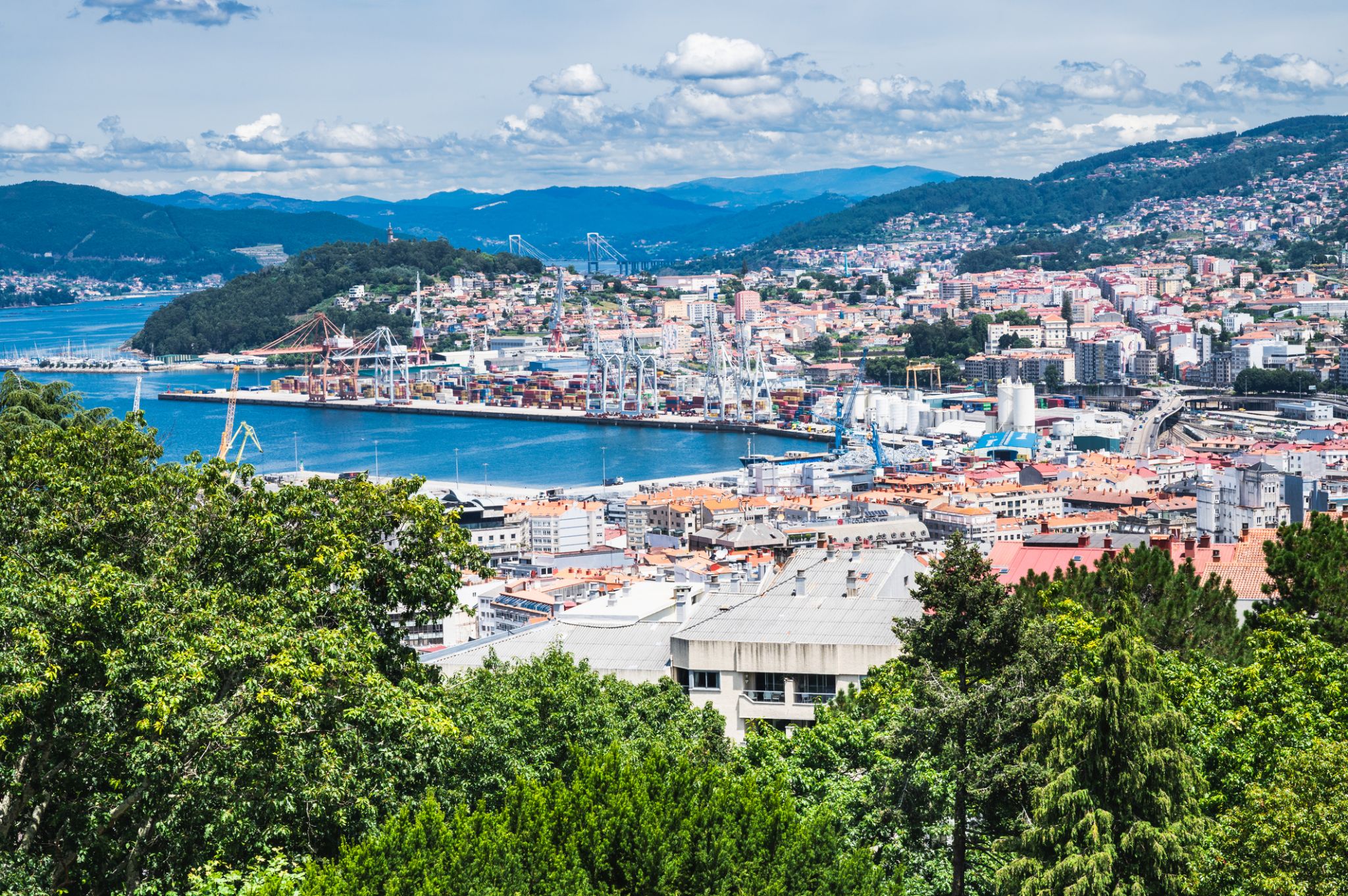 Day 21: 07:30-14:00
Day 21: 07:30-14:00Viggo / Spain
Vigo is a city and municipality adjoining the Atlantic Ocean in the province of Pontevedra in Galicia, northwest Spain. It is the capital of the comarca of Vigo and Vigo metropolitan area.
Vigo is the most populous municipality of Galicia, the 14th in Spain, and the most populous Spanish municipality that is not the capital of a province. It has an area of 109.06 km2 (42.11 sq mi) and had a population of 292,817 in 2016.
The city is located in the southwest of Galicia, in the southern part of Vigo Ria, one of Europe's rainiest areas. In the northeast, it borders the municipality of Redondela; in the east, Mos; in the south, O Porriño and Gondomar; and in the southwest, Nigrán. On the other side of its bay are the municipalities of Cangas and Moaña. They are all part of the southern Galician region called Rías Baixas. Vigo is just north of the border with Portugal; its nearest larger city is Porto, Portugal's second-largest city.
Vigo and its metropolitan area are one of the region's primary economic agents.
-
 Day 22:
Day 22:Day at sea / Sea
-
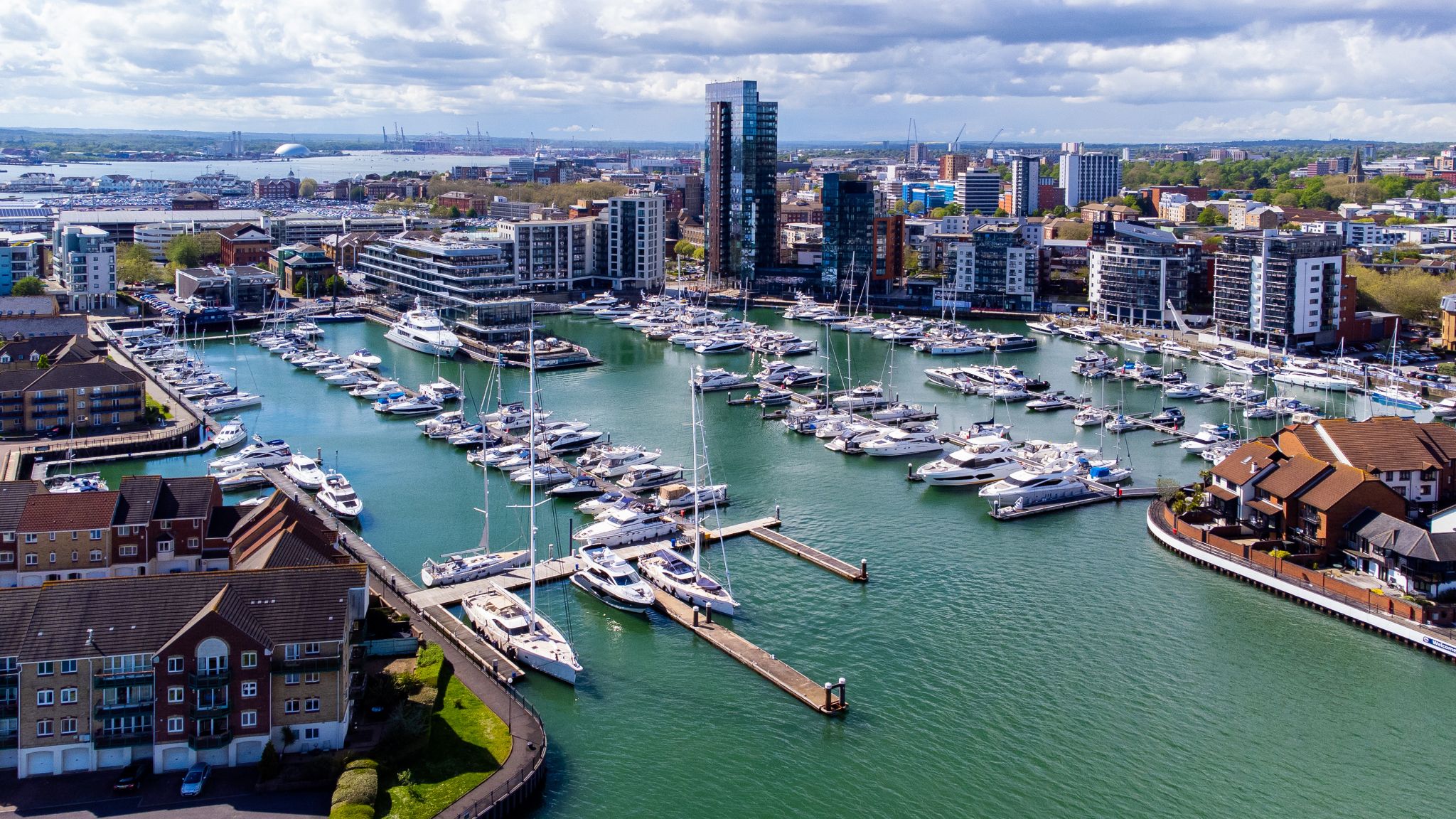 Day 23: 05:00
Day 23: 05:00Southampton / Great Britain
Southampton is the largest city in the ceremonial county of Hampshire, England. It is 69 miles (111 km) south-west of London and 15 miles (24 km) west north-west of Portsmouth. Southampton is a major port and the closest city to the New Forest. It lies at the northernmost point of Southampton Water at the confluence of the Rivers Test and Itchen, with the River Hamble joining to the south of the urban area. The city, which is a unitary authority, has an estimated population of 253,651. The city's name is sometimes abbreviated in writing to "So'ton" or "Soton", and a resident of Southampton is called a Sotonian.
Significant employers in the city include Southampton City Council, the University of Southampton, Solent University, Southampton Airport, Ordnance Survey, BBC South, the NHS, ABP and Carnival UK. Southampton is noted for its association with the RMS Titanic, the Spitfire and more generally in the World War II narrative as one of the departure points for D-Day, and more recently as the home port of a number of the largest cruise ships in the world. Southampton has a large shopping centre and retail park, Westquay. In 2014, the city council approved a neighbouring followup Westquay South which opened in 2016–2017.
In the 2001 census Southampton and Portsmouth were recorded as being parts of separate urban areas; however by the time of the 2011 census they had merged apolitically to become the sixth-largest built-up area in England with a population of 855,569. This built-up area is part of the metropolitan area known as South Hampshire, which is also known as Solent City, particularly in the media when discussing local governance organisational changes. With a population of over 1.5 million this makes the region one of the United Kingdom's most populous metropolitan areas.

